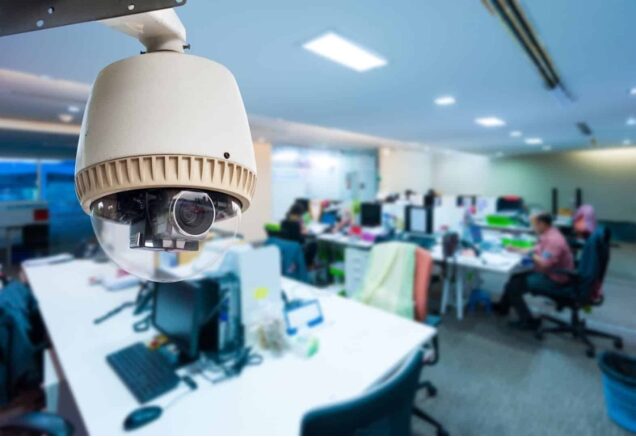Publications
Israel’s Milestone in Modernizing International Commercial Arbitration
On February 12, 2024, Israel took a significant step toward establishing itself as a modern hub for international commercial dispute resolution with the enactment of the International Commercial Arbitration Law (the International Arbitration Law). This...
The Advantages of Conducting Mediation in Israel Under the Singapore Convention
On July 22, 2024, the Israeli legislature enacted an amendment to the Courts Law [Consolidated Version], 5744-1984, strengthening Israel's position as a global center for mediation. This amendment empowers Israeli courts to recognize and enforce mediation agreements...

NEW RULES ON ATTORNEY’S FEES IN HUNGARY - CHANGES FROM FEBRUARY 2025
Following a landmark decision of the Hungarian Supreme Court (our article about the decision can be found here), the Hungarian legislator adopted a new decree, applicable from February 2025, on the attorney fees applicable in court proceedings. The main aim of the new regulation is to limit the unreasonable reductions of attorneys’ fees. What changes will the new decree bring to the attorney’s fees?
Smartlegal Schmidt&Partners reports from Hungary:

HOW TO TRANSMIT PERSONAL DATA TO THIRD COUNTRIES AS A MULTINATIONAL EMPLOYER?
For multinational employers, it is almost inevitable to transfer personal data to so called third countries meaning countries outside the European Economic Area. In many cases, the company group may have members resident in non-EEA countries who need to process personal data of EU-resident employees or a third party residing outside the EEA may provide a service to the company group that involves processing of personal data. In this article we deal with the question of how such personal data transfers to third countries may be made GDPR compliant.
Smartlegal Schmidt&Partners reports from Hungary:

HOW CAN YOU MONITOR YOUR EMPLOYEE’S CORPORATE E-MAIL ACCOUNT IN HUNGARY?
It is a common practice to provide your employee with a corporate e-mail account for working purposes. In some cases, the employer needs to examine the employee’s e-mail account, for example to ensure the continuous management of cases during the absence of the employee. How can you legally monitor your employee’s e-mail account? Here are five things to consider.
Smartlegal Schmidt&Partners reports from Hungary:

NEW CYBERSECURITY ACT IN HUNGARY: WHAT IS CHANGING FROM 2025?
Keywords: Hungary, European Union, NIS2 Directive, Cybersecurity
Before the winter holidays the Hungarian Parliament adopted the new Cybersecurity Act which repeals the former Cybersecurity Certification Act. The Cybersecurity Act implements the EU NIS2 Directive and imposes numerous obligations on the affected organizations. Read our short article and find out if you are affected and if so, what are your key responsibilities.
Smartlegal Schmidt&Partners reports from Hungary:

HOW TO USE CCTV SYSTEMS IN WORKPLACES IN HUNGARY?
In our modern age surveillance technology permeates many aspects of daily life and methods such as CCTV cameras have become a common phenomenon in the workplace. Given that their presence also raises significant questions regarding the privacy of the employees, multinational employers must be aware of the basic principles of using such methods in Hungary. In this short article we summarize ti most important issues related to CCTV surveillance in workplaces.
Smartlegal Schmidt&Partners reports from Hungary:

DATA PROTECTION LAW UPDATE: DRAFT DIGITAL PERSONAL DATA PROTECTION RULES, 2025
A publication from our India member, MHCO Law

WHO IS WHO IN CASE OF COMPLEX DATA PROCESSINGS AT MULTINATIONAL EMPLOYERS?
In case of multinational company groups, it is not always easy to determine the capacity in which individual members of the group participate in the processing of the employees’ personal data. Moreover, the company group may use external service providers for certain aspects of the data processing which further complicates the situation. In this article you will find some guidance on how to decide who is a controller, a joint controller or a processor.
Smartlegal Schmidt&Partners reports from Hungary:

FOREIGN DIRECT INVESTMENTS IN HUNGARY – PART VI – FINES & REMEDIES
What fines can be imposed if a foreign investor breaches the Hungarian General or Temporary Regime regulating the FDI screening procedures? What remedies are available to the foreign investor under the Regimes? In the last part of our FDI article series, we answer these questions.
Smartlegal Schmidt&Partners reports from Hungary:
